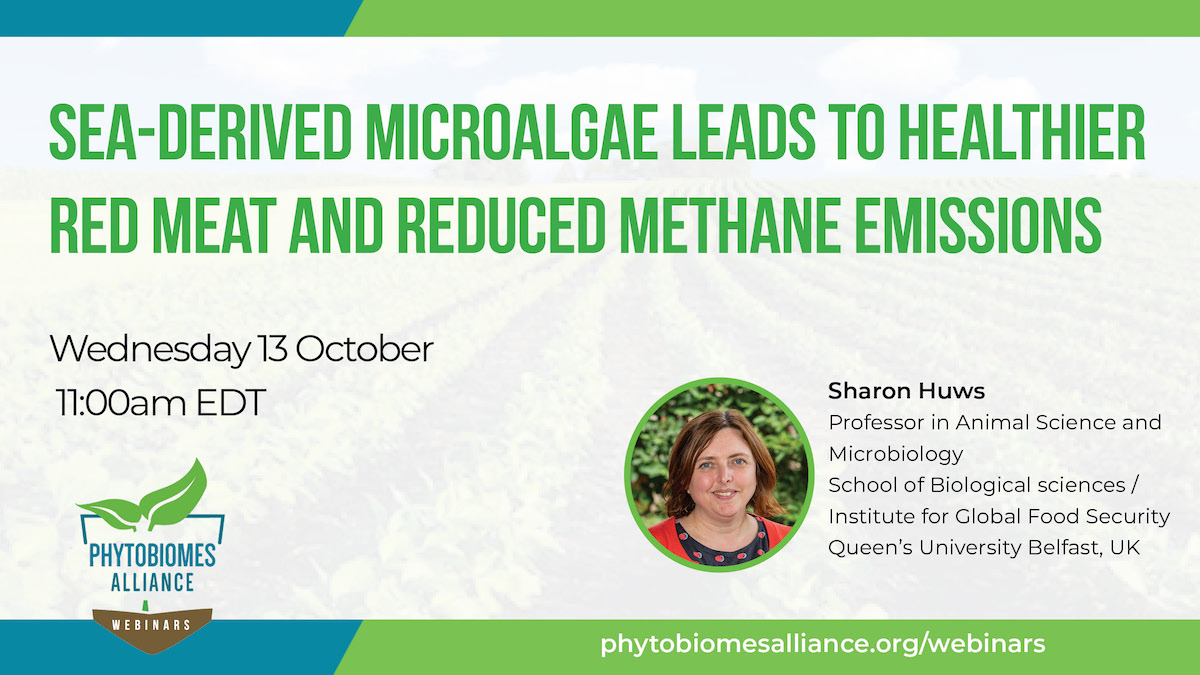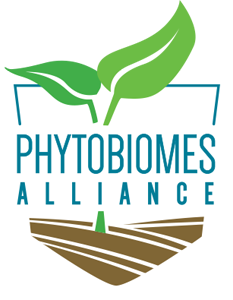
Sea-derived microalgae leads to healthier red meat and reduced methane emissions
October 13, 2021
Organized in collaboration with
Location
Online
Presenters
Sharon Huws
Professor in Animal Science and Microbiology
School of Biological sciences / Institute for Global Food Security
Queen’s University Belfast, UK
Outline
The EU funded MASTER (Microbiome applications for sustainable food systems through technologies and enterprise) project takes a global approach to the development of microbiome products, foods/feeds, services or processes with high commercial potential, which will benefit society through improving the quantity, quality and safety of food, across multiple food chains (marine, plant, soil, rumen, meat, brewing, vegetable waste, and fermented foods).
One aspects of the project focus on studying the rumen microbiome by utilizing host genomics and novel feeding technologies to beneficially alter the rumen microbiome and to develop technologies to monitor microbiome markers and other tools and models which predict ruminant characteristics.
In this webinar, Sharon Huws (Queen’s University, Belfast, UK – lead of the MASTER rumen microbiome work package) will present the results of a recently completed study evaluating the effect of feeding different levels of microalgae supplementation rich in DHA, an omega-3 polyunsaturated fatty acid, in finishing lambs. The project will lead to the improvement of animal production and the reduction of environmental impact, through manipulation of the rumen microbiome.
